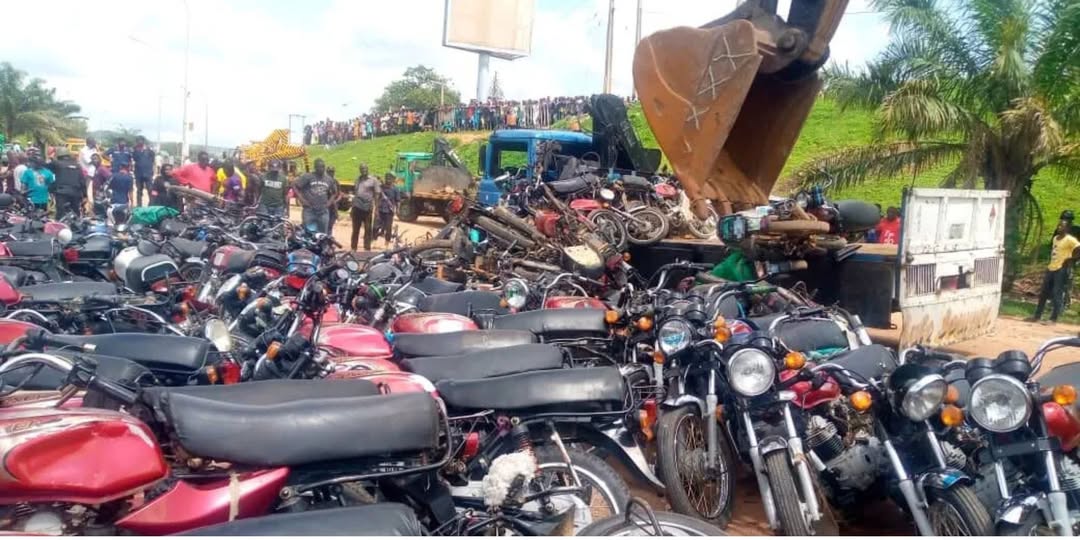
Motorcycles—often called “okada” in Nigeria—are more than just a means of transportation. They represent a vital economic lifeline for millions of Nigerians, especially the youth, low-income earners, and those in informal sectors. Yet, time and again, some Nigerian state governments impose bans or heavy restrictions on their use, citing security or traffic concerns.
But the question is: Should governments ban motorcycles at all, when they’re critical empowerment tools?
Motorcycles: A Pathway Out of Poverty for Many Nigerians
Across Nigeria, motorcycles are often gifted or provided by politicians as part of empowerment programs aimed at tackling youth unemployment. These programs are intended to:
Create jobs for young people who might otherwise be unemployed.
Provide affordable, accessible transportation where public transit is inadequate.
Encourage entrepreneurship and economic participation at the grassroots.
For many recipients, these motorcycles are a primary source of income—helping to pay school fees, support families, and improve living standards.
The Reality: Many Riders Lack Legal Ownership or Formal Training
One key challenge is that many of these motorcycles, given as gifts or purchased under informal arrangements, may not be legally registered or insured. Also, many riders lack formal training or licenses. This creates a gap between empowerment and regulation.
Governments often cite this lack of regulation as a justification for bans or restrictions, arguing that it leads to:
Increased road accidents and fatalities.
Security risks like motorcycles being used in crimes.
Traffic congestion and disorder.
But Is a Ban the Right Solution?
When you consider the socio-economic context, blanket bans may be short-sighted and even counterproductive:
Economic Impact on Vulnerable Populations
Banning motorcycles abruptly cuts off the income of thousands or millions who rely on it daily. Without alternative livelihood plans, this worsens poverty and social instability.
Political Contradictions
Politicians often distribute motorcycles to win votes and claim credit for youth empowerment. Yet, when these motorcycles become “problems,” governments turn around to ban them. This creates a confusing and unfair cycle for beneficiaries.
Missed Opportunities for Regulation and Safety Improvements
Instead of banning motorcycles outright, governments could invest in:
Formal registration and licensing schemes.
Training programs for riders on safety and traffic rules.
Enforcement against criminal use without penalizing lawful riders.
Public awareness campaigns to reduce accidents.
A Balanced Approach Is Needed
Governments should recognize that motorcycles are here to stay and are economically crucial. The right approach would include:
Strengthening regulatory frameworks to make motorcycle use safer and more accountable.
Providing affordable means for riders to legalize ownership and access insurance.
Building alternative transportation infrastructure to reduce over-dependence on motorcycles.
Collaborating with communities, riders’ associations, and civil society to develop inclusive policies.




